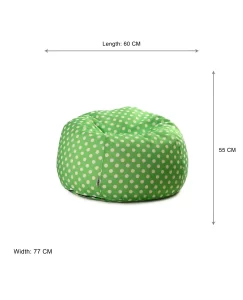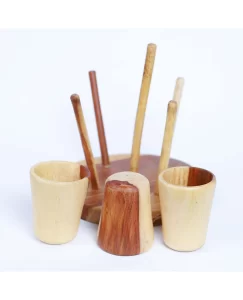
Home appliances are an essential part of modern living, making our homes more comfortable, convenient, and efficient. As a retailer or business owner dealing with home appliances, sourcing from reliable wholesale suppliers is crucial for success. Wholesale suppliers offer a wide range of home appliances at competitive prices, allowing retailers to maximize profit margins and meet customer demands.
Let us take you through the process of sourcing wholesale home appliances, with a focus on key tips, trends, and insights to help retailers make informed decisions.

- Identifying Your Needs
The first step in sourcing wholesale home appliances is to identify your specific needs. Consider factors such as the types of appliances you want to offer, your target audience, desired price range, and additional services you require, such as dropshipping or customization options. Understanding your needs upfront will help you narrow down your search and find a supplier that aligns with your business objectives.
- Researching Potential Suppliers
Once you have identified your needs, it’s time to research potential wholesale suppliers. Begin by using online directories, trade shows, industry associations, and referrals from other retailers to create a shortlist of suppliers that meet your criteria. These sources provide insights into reliable suppliers with a solid reputation in the industry.
- Assessing Product Quality
Product quality is critical when sourcing wholesale home appliances. Request product samples or visit the supplier’s showroom to assess the quality of their appliances. Look for materials, craftsmanship, durability, and overall design consistency. A reliable supplier should offer high-quality products that meet industry standards and customer expectations.
- Comparing Pricing and Terms
Pricing and terms are a significant consideration when sourcing wholesale home appliances. Compare the pricing structures offered by different suppliers, considering factors such as minimum order quantities, volume discounts, and payment terms. Look for transparent pricing and reasonable profit margins that align with your business model.
- Evaluating Customer Service and Responsiveness
Responsible wholesale suppliers should offer excellent customer service and be responsive to inquiries or concerns. Reach out to potential suppliers with questions or inquiries and assess their response time and level of support. A reliable supplier should be responsive, willing to answer your questions, and provide assistance when needed.
- Reviewing Supplier’s Reputation
A supplier’s reputation is a critical factor in the sourcing decision process. Look for customer reviews, testimonials, and references from other businesses that have worked with the supplier. Positive feedback and a strong reputation indicate reliability and professionalism.
- Visiting the Supplier’s Facility
If feasible, consider visiting the supplier’s facility or showroom to gain deeper insights into their operations and capabilities. This provides an opportunity to see their manufacturing processes, quality control measures, and the range of products they offer. Meeting with the team face-to-face can also help establish a personal connection and build trust, which is essential for a successful business partnership.
- Requesting and Reviewing Contracts
When you have narrowed down your options, it’s time to request sample contracts from the remaining suppliers. Carefully review the terms and conditions, including payment terms, shipping policies, return policies, and any exclusivity agreements. Seek legal advice if necessary to ensure you fully understand the contract and that it aligns with your business goals and requirements.
- Testing the Supplier with a Small Order
Before committing to a long-term partnership, consider placing a small order with the selected supplier. This allows you to assess their reliability, product quality, and delivery times firsthand. It also serves as a trial period during which you can evaluate their communication and responsiveness to any issues or concerns that may arise.
- Maintaining Communication
Communication is essential for a successful supplier-retailer relationship. Once you have chosen a supplier, maintain regular and open lines of communication. Provide them with clear product specifications, anticipate any changes in ordering volume or requirements, and communicate any concerns or issues promptly. This proactive approach helps to create a stronger partnership and ensures your needs are consistently met.

In conclusion, sourcing wholesale home appliances or even if you are looking for Kenya handmade products in wholesale involves careful consideration of your specific needs, thorough research, and critical analysis of potential suppliers. Take the time to follow each of the above steps to ensure you have a reliable and trustworthy supplier that meets your business objectives. This guide, along with our other tips and insights, can help you make informed decisions and maximize the profits of your home appliance business.










